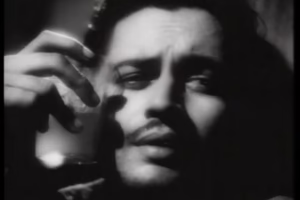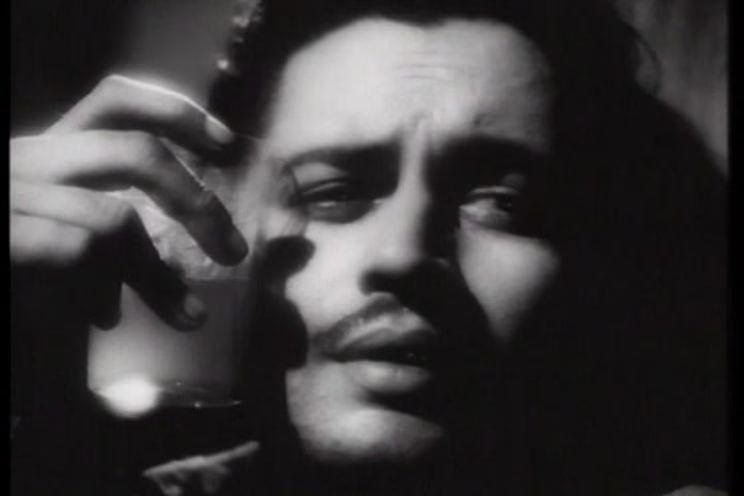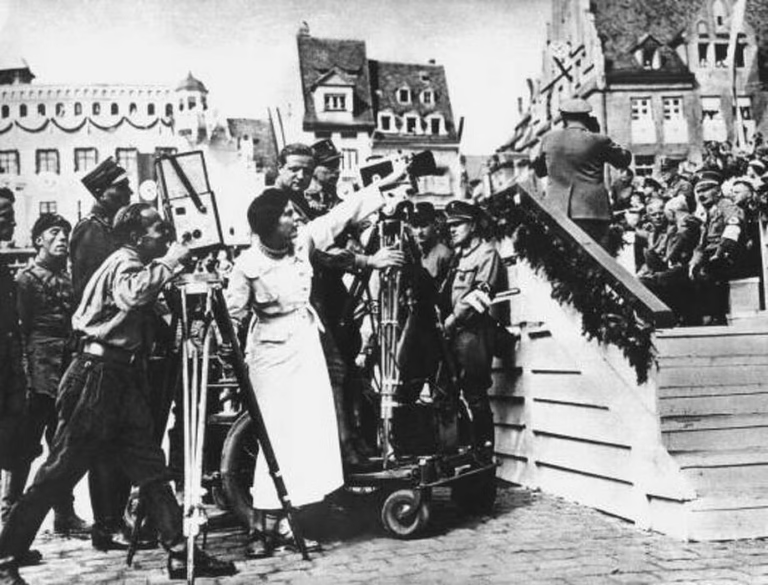Bacurau (2019) is a captivating fusion of social commentary and genre filmmaking, brought to life by the dynamic directorial duo Kleber Mendonça Filho and Juliano Dornelles. Seamlessly blending elements of westerns, dystopian thrillers, and science fiction, this Brazilian epic explores the struggles of a marginalized community standing against exploitation, weaving a storyline as daring as it is relevant.
The film is set in a near-future Brazil, in a small, isolated village named Bacurau. The story begins with the death of Carmelita, the village’s revered matriarch, which plunges the community into mourning. Her passing coincides with the onset of eerie events. Soon, Bacurau vanishes from digital maps, cell service becomes unavailable, and a series of mysterious attacks threatens the villagers’ existence. As the truth unfolds, the villagers discover they are being hunted for sport by a group of wealthy foreigners—a chilling commentary on the neo-colonial exploitation of the Global South.
The film is propelled by a stellar ensemble cast, whose performances bring vibrancy and depth to the story:
Sônia Braga plays the fiery, unapologetic Domingas, the village doctor whose sharp tongue and fierce loyalty make her one of the community’s anchors. Braga’s commanding presence imbues Domingas with an unrelenting strength that epitomizes the film’s theme of resilience.
Udo Kier, portraying Michael, leads the group of foreign hunters with an icy, detached cruelty. His chilling performance embodies privilege and arrogance, creating a villain whose menace is grounded in his utter lack of empathy.
Barbara Colen shines as Teresa, Carmelita’s granddaughter, who returns to Bacurau for her grandmother’s funeral and becomes a crucial figure in rallying the village. Colen’s portrayal of quiet strength offers a compelling counterpoint to the escalating violence.
Silvero Pereira stands out as Lunga, a fugitive-turned-revolutionary. His charisma and rebellious fervor inject the film with a sense of anarchic energy, symbolizing the power of collective resistance against systemic oppression.
Mendonça Filho and Dornelles construct an immersive and multi-layered storyline that steadily intensifies, moving from the introspective mourning of Carmelita’s loss to a visceral, defiant battle for survival. Their use of gradual narrative shifts allows the film to peel back layers of suspense, revealing a world where technology, politics, and exploitation intersect to devastating effect.
Visually, the film is striking, with Pedro Sotero’s cinematography capturing the harsh beauty of Brazil’s sertão, a landscape that becomes a character in its own right. The vibrancy of Bacurau’s culture is juxtaposed against the sterile technology and brutal efficiency of the hunters, emphasizing the clash of worlds at the heart of the story.
The directors’ decision to avoid romanticizing the violence and instead present it as raw and unflinching is a masterstroke. While Bacurau veers into the surreal, its emotional and political undertones remain grounded, offering a searing critique of modern-day colonialism, class struggle, and global inequalities.
In the hands of Kleber Mendonça Filho and Juliano Dornelles, Bacurau transcends its premise, becoming a haunting allegory for the resilience of oppressed communities. It is a cinematic triumph—a visually stunning, emotionally resonant, and thematically provocative tale that resonates far beyond its fictional setting. The performances, layered narrative, and audacious directorial vision combine to make Bacurau a true masterpiece of modern cinema.


















